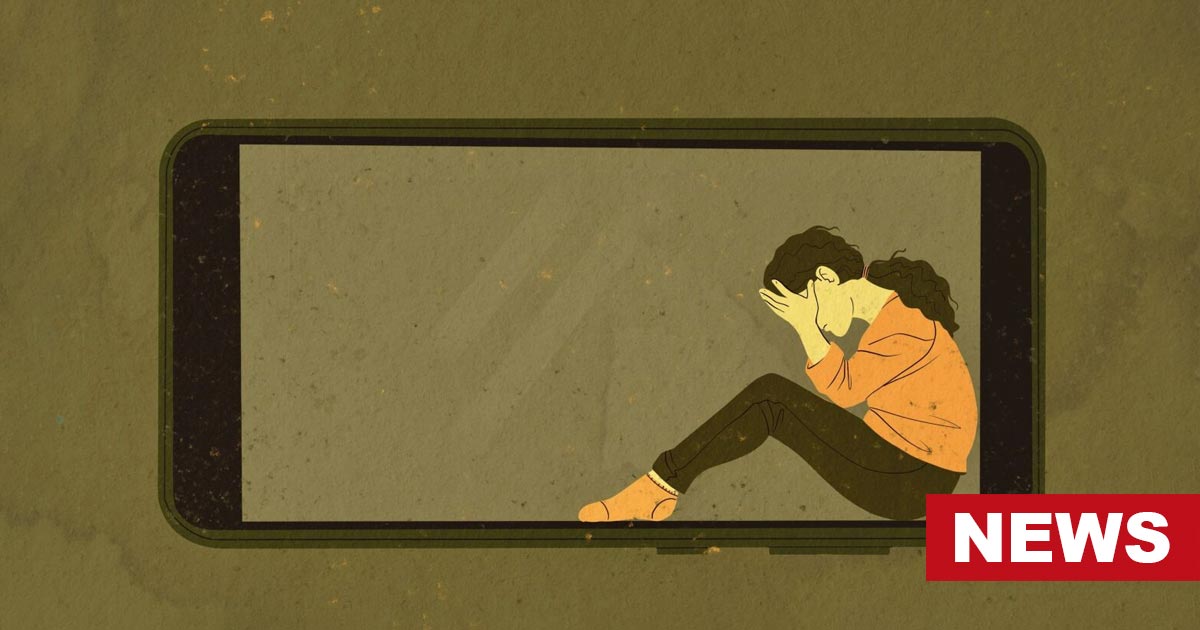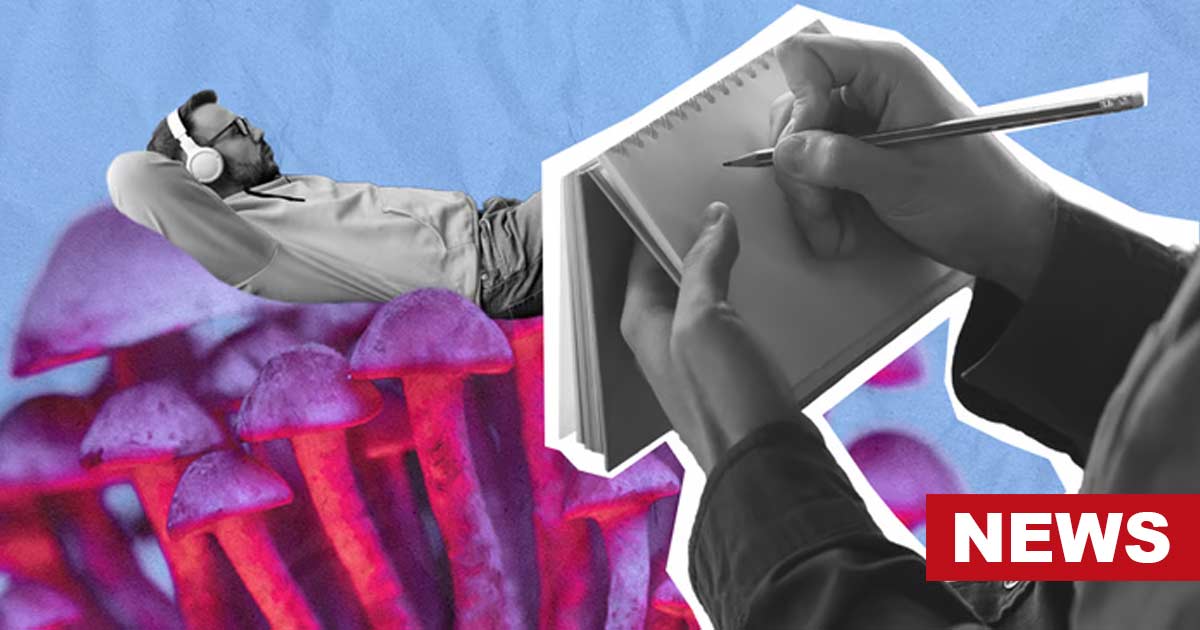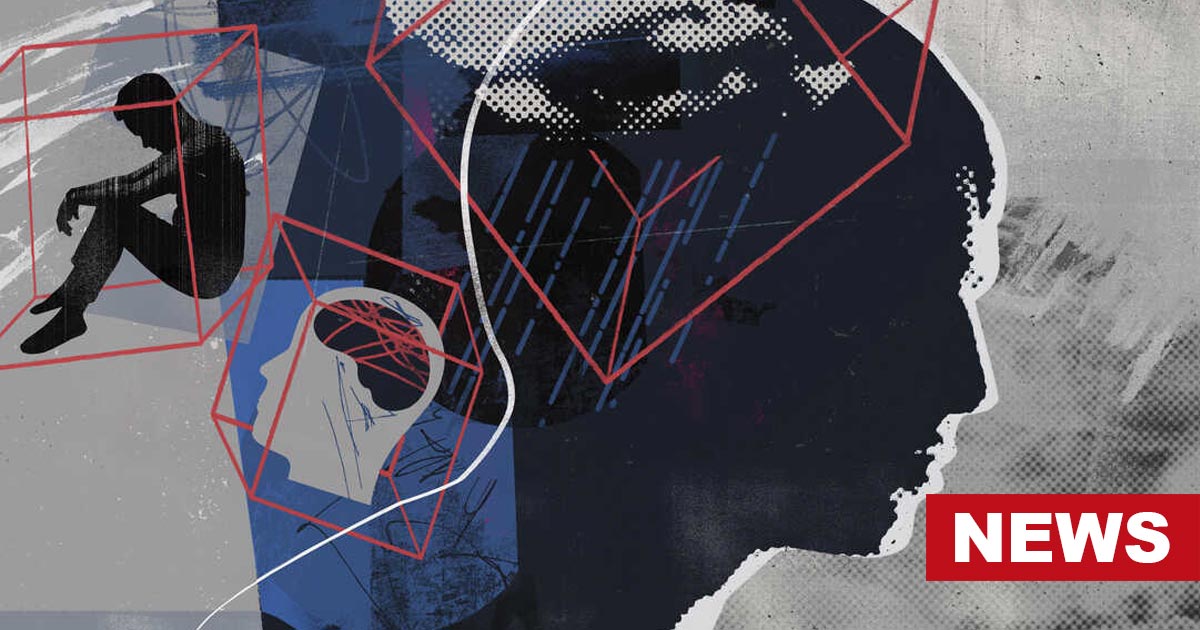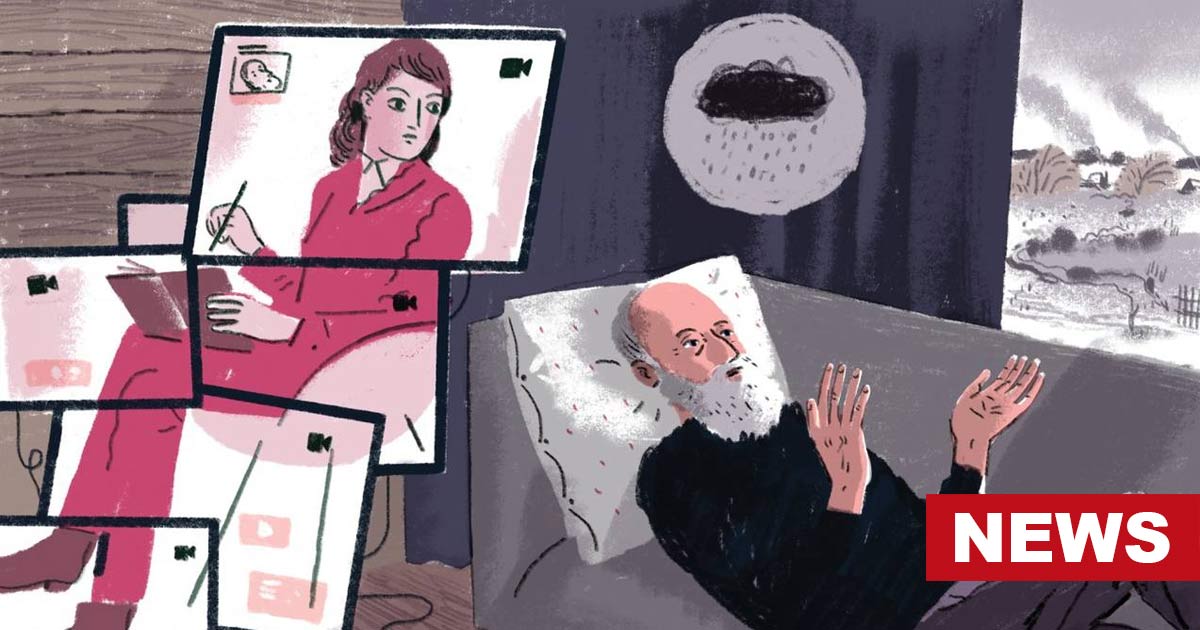Forgiveness is a powerful and transformative act that has far-reaching effects on our mental well-being. It involves letting go of negative emotions, resentment, and the desire for revenge towards someone who has harmed us. While forgiveness is often considered an act of kindness towards others, its primary beneficiary is the forgiver.
In this essay, we will explore the profound mental health benefits of forgiveness, backed by scientific research and psychological insights. Additionally, we will provide practical tips on how to practice forgiveness for improved emotional and psychological well-being.
The Science Of Forgiveness
Forgiveness has been linked to a significant reduction in stress and anxiety. Holding onto anger and resentment can trigger the body’s stress response, leading to increased cortisol levels and heightened anxiety. Forgiving someone can break this cycle, resulting in lower stress levels and improved emotional stability.
Research conducted at Stanford University found that forgiveness reduces the physiological and emotional response to stress, leading to better mental health outcomes. When we forgive, we release the tension and negativity that can manifest as anxiety.
The mental health benefits of forgiveness are associated with improved mood and life-satisfaction. Studies have shown that practicing forgiveness can lead to increased feelings of happiness, contentment, and a greater sense of emotional freedom. Letting go of grudges and resentment allows individuals to experience more positive emotions and less emotional distress.
Psychologists have found that forgiveness can lead to a decrease in symptoms of depression and anxiety. It fosters emotional resilience and a greater capacity to cope with life’s challenges.
Forgiveness plays a pivotal role in improving relationships and enhancing social connections. When we forgive others, we are more likely to experience greater empathy, trust, and understanding in our relationships. This, in turn, fosters healthier social interactions and contributes to a supportive social network.
A study published in the Journal of Positive Psychology found that forgiveness leads to improved relationship quality and satisfaction. Individuals who are more forgiving tend to have stronger and more positive social bonds.
Tips To Practice Forgiveness For Mental Health
Consider the following tips to practice lenience in order to avail better the mental health benefits of forgiveness:
1. Self-reflection And Self-compassion
Start by reflecting on your own feelings and acknowledging the pain or anger you may be holding onto. Self-awareness is a crucial first step in the forgiveness process. Be compassionate with yourself, recognizing that forgiveness is a journey that takes time and effort.
2. Understand The Perspective Of The Offender
Try to understand the perspective of the person who hurt you. Empathy can help you see the situation from their point of view, which can lead to greater understanding and a willingness to forgive. Keep in mind that understanding their motives does not justify their actions but can help you let go of resentment.
3. Communicate And Express Your Feelings
If appropriate and safe, consider communicating with the person who hurt you. Express your feelings and let them know how their actions affected you. Open and honest communication can be a powerful tool in the forgiveness process.
4. Set Boundaries
Forgiving someone does not mean that you have to allow them back into your life if they are toxic or harmful. Setting healthy boundaries is essential for your well-being. Forgiveness can happen even if you choose to maintain distance from the person who hurt you.
5. Seek Support And Professional Help
If forgiveness feels challenging or overwhelming, consider seeking support from friends, family, or a mental health professional. Therapy can provide you with the tools and guidance to navigate the forgiveness process and address any underlying emotional issues.
6. Practice Mindfulness And Meditation
Mindfulness techniques and meditation can help you stay grounded and focused on the present moment. These practices can assist in managing difficult emotions and developing a sense of inner peace, which is conducive to forgiveness.
7. Release Negative Emotions
Find healthy outlets to release negative emotions, such as journaling, physical exercise, or creative activities. Releasing pent-up emotions can make forgiveness easier to achieve.
8. Accept Imperfection
Remember that forgiveness does not require you to be perfect or to forget the hurtful actions of others. It is about letting go of the emotional burden and choosing a path of healing and well-being.
9. Practice Gratitude
Cultivate a sense of gratitude for the positive aspects of your life. Focusing on gratitude can shift your perspective and make forgiveness feel more natural.
The mental health benefits of forgiveness are profound and scientifically supported. Practicing forgiveness is not always easy, but it is a valuable skill that can enhance your well-being and contribute to a more fulfilling and peaceful life.
By embarking on the journey of forgiveness, you can experience the mental health benefits that come with letting go of the past and embracing a future filled with emotional freedom and well-being.





















